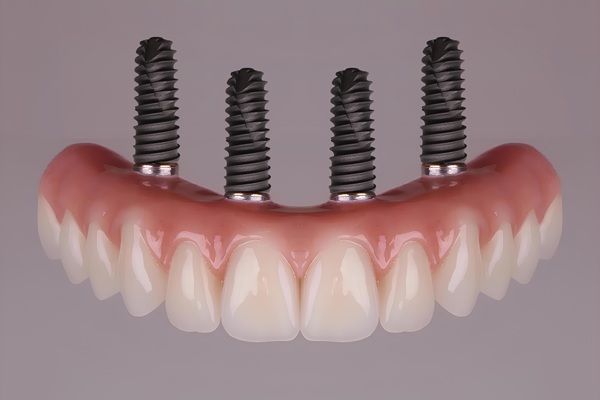 To manage the pain you will feel after a root canal treatment and to prevent infection, it is critical to follow proper aftercare. The treatment is standard, so it should not be a surprise to your dentist. Once you go home, you will need to follow some aftercare tips to keep your mouth healthy. Here are three tips to help you get started.
To manage the pain you will feel after a root canal treatment and to prevent infection, it is critical to follow proper aftercare. The treatment is standard, so it should not be a surprise to your dentist. Once you go home, you will need to follow some aftercare tips to keep your mouth healthy. Here are three tips to help you get started.
What to expect after a root canal treatment
The aftermath of a root canal involves pain management and some recovery time. When a tooth is infected, it is essential to treat it quickly to prevent further infection. The procedure is typically painless due to local anesthetic application. After the dentist completes the treatment, there are specific steps to follow for a good outlook.
Dealing with discomfort
While patients do not need to be bedridden for any length of time, a certain amount of discomfort is to be expected. Prescriptions are given for pain management and swelling that happens after the anesthesia wears off. Patients should not eat or drink anything until after the mouth is no longer numb. Doing so can result in biting the cheek or cracking the tooth due to lack of sensation.
Patients should fill the prescription given by the dentist as soon as possible after the procedure. If it is possible to get it done before, that is even better. Depending on the medication prescribed, it is not unusual to feel drowsy after taking it. It is a good idea to relax the rest of the day after the root canal treatment.
Eating softer foods and continuing medication
The dentist will also have prescribed antibiotics to take after the procedure. It is important to take them to avoid re-infection while the site is healing. The pain and swelling will go away after a few days. If the pain does not or becomes persistent, patients should call the dentist for an immediate follow-up.
When it comes to eating, patients should opt for softer foods that do not require much chewing. Applesauce, yogurt, and oatmeal are all great choices. Rice and bananas can also be good options. The patient should avoid chewing on the side of the mouth where the root canal treatment was done as much as possible. Brushing and flossing after the procedure must be handled with care at the site until after the dentist gives the green light to resume normal activities.
Future outlook and possible complications
Future appointments and regular follow-ups are crucial to the overall success of a root canal treatment. Even if the pain is gone, the dentist still needs to make sure the procedure went well. If a crown is in place, the dentist will continually check it to ensure it fits correctly. Since the root and pulp are gone, the feeling will also be gone at the site, so a dentist must look at it regularly to prevent any future complications.
Complications can happen after the dental procedure. While uncommon, there is always the possibility of reintroduction of bacteria to the root canal site. Breaking or cracking the tooth before the permanent filling or crown is in place can also happen if the site is not treated with care afterward. If pain returns in the future, the dentist will need to see the patient as soon as possible to get the issues dealt with. When pain shows up again later, a second root canal is not uncommon.
The bottom line
There is no reason to fear root canals. The treatments are routine for dentists, so they know what they are doing. Prepare yourself for minor discomfort after the procedure, and take the proper aftercare steps for a positive outcome. If anything feels off or hurts after a few days, contact your dentist for a follow-up.
Request an appointment or call South Florida Dental Arts at 305-230-4041 for an appointment in our Miami office.
Recent Posts
A root canal treatment is capable of retaining the natural tooth structure and replacing the damaged pulp with a dental filling. This procedure has a reputation of being painful. Even so, many people still have it. If you want to know how common a root canal treatment is, here are the details.Studies show that dentists…
Root canal treatment is performed to prevent and treat infection in a tooth’s pulp. The term “pulp” refers to the soft tissues housed in a tooth’s pulp chamber. This is the innermost layer of a tooth’s crown, and it is sealed off from the rest of a tooth to prevent oral bacteria and the acids…
Most people find root canal treatment frightening. This procedure has a bad reputation for being painful and unpleasant. But your dentist has the skills and instruments necessary to handle the process efficiently and with minimal pain. There is a possibility that a patient may have numerous teeth that require extensive treatment. The dentist can assess…


